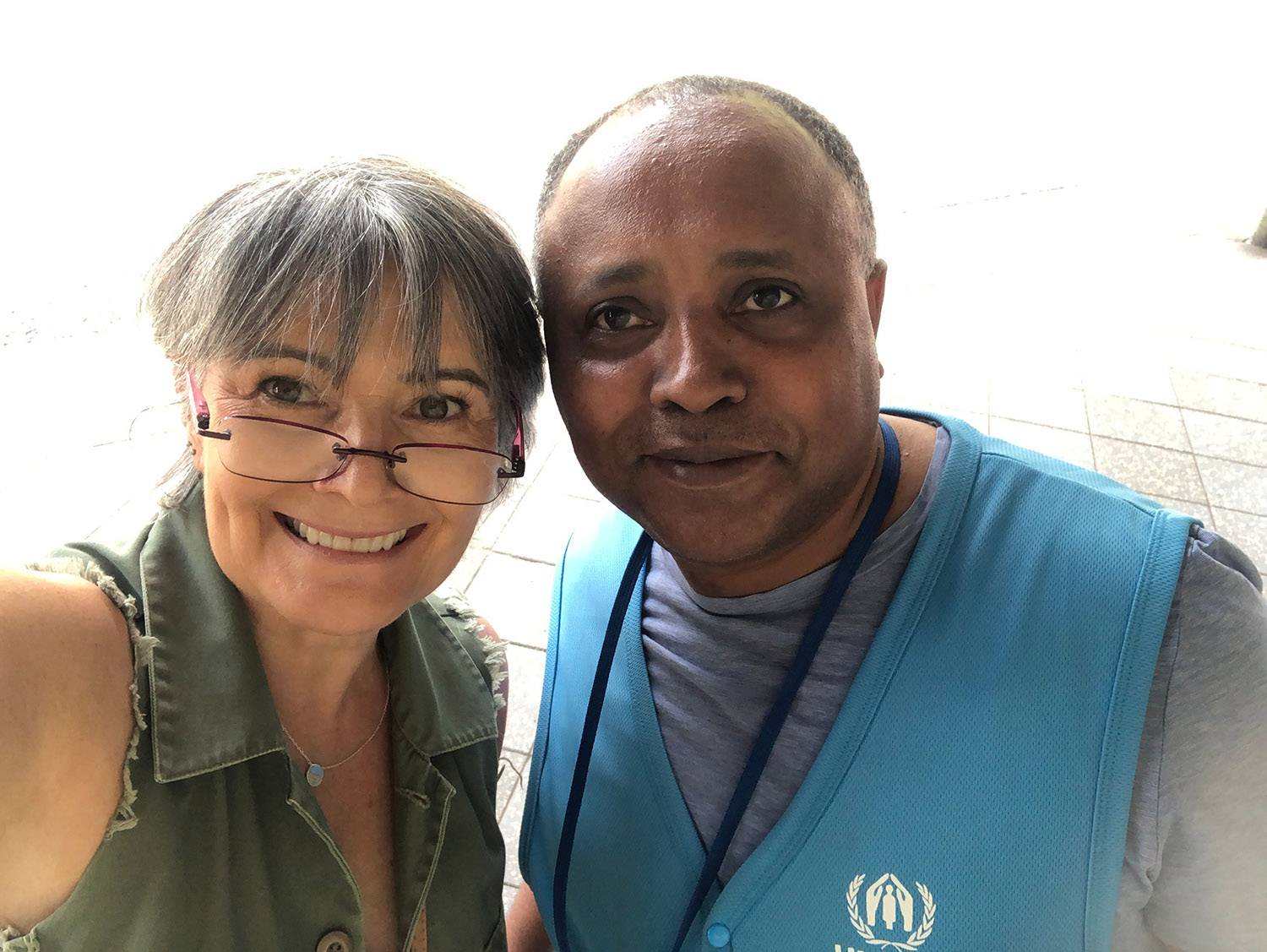According to Microsoft’s research, “leaders are out of touch with employees and need a wake-up call”. People are exhausted, and those who have struggled the most over the past year are Gen Z, women, frontline workers and new employees. Some are still working from their dining room table!
So, if your frontline leaders are the conduit between your organisation and your employees, it’s vital they keep everyone connected, empowered and engaged: It’s about ensuring new hires are quickly upskilled, experienced team members have development opportunities, and those that are struggling have the right coaching and support.
Here are 3 reasons why you should care about your frontline leaders, and what you can do to help them:
#1. Employees everywhere are leaving, and it could be because of your frontline leaders.
The latest survey from Employment Hero found that 48% of Australian workers planned to look for a new job in the next six months, and 15% are looking right now!
Putting the research into simple terms, your potential cost of turnover has practically doubled in the past 20 months. Can you afford to lose your employees?
You might be thinking, “well, we have some people that aren’t performing well, it’s OK if they leave…”
However, these are NOT the people who leave.
It’s your high performers that leave! They know their talent, they know their worth, and they know they can easily get work elsewhere! And, because they spend so much time working from home, unless their frontline leader successfully engages and connects with them, they will feel disconnected from your organisation, it’s just a job to them.
Gallup’s research is also unequivocal; people leave their boss, not the company. Your frontline leaders are unlikely to leave, they still have a point to prove (that they’ve mastered their leadership role), but it’s the people below them that are at risk.
So, how are you helping your frontline leaders keep their team engaged, inspired, motivated and connected?
In your role, you might be putting in place significant employee initiatives and sending out wonderfully worded correspondence about the organisation. However, all of this is in vain if your frontline leaders don’t magnify your messaging.
With hybrid work here to stay, all leaders need to up their game in engaging with their teams. It’s more challenging when teams work remotely, and this is even harder for relatively new leaders who are still working out what leadership means to them.

#2. Frontline leaders could be the unintentional bottlenecks in your organisation.
Your frontline leaders are pivotal to the success of the business, but they could also be the unintentional bottlenecks in your organisation. They are stuck in the middle, feeling pressure from the top to deliver results and pressure from the bottom to manage and support their teams.
If your employees feel they are growing as individuals and are being supported, they will be engaged and connected to the organisation. This requires a leader to relinquish their mantle of ‘doing’ or being across everything to being a leader that magnifies the power of the entire team to achieve greater results.

#3. Your frontline leaders might be heading for burnout, but you might be the last person to know.
All of this might sound like I’m blaming our frontline leaders, but that’s not the case at all – I’m flagging they desperately need your help! All the frontline leaders I coached last year care about the organisation they work for; they’re working super long hours (that you probably don’t know about), most are achieving their targets… just… at a high cost (to themselves and the organisation).
Again, highlighted in Microsoft’s research that ‘high productivity is masking an exhausted workforce’.
If you’re looking at the latest performance report, targets may have been met, but don’t be fooled into thinking that everything (or everyone) is OK – it’s a system that is potentially at a breaking point.

WHAT SHOULD I DO ABOUT IT?
The obvious answer here is to give them some leadership strategies.
And offering front line leaders development opportunities is brilliant because, over the years, I have seen many organisations provide leadership development only for their senior leaders, leaving their frontline leaders to work it out for themselves. This doesn’t make sense when you think about the vital roles these frontline leaders play when it comes to the organisations’ productivity, effectiveness and innovation. They need to know how to be brilliant leaders now!
But before you enrol them into a traditional leadership program, stop and ask yourself, does this program actually shift leaders’ behaviour?
Well-intentioned organizations often run traditional leadership programs over several days completely saturated with leadership theory.
Now don’t get me wrong, the leadership theory is valuable, but knowing the theory doesn’t necessarily count for behavioural change in our leaders. The leaders you put on to these programs have probably read more leadership books than either you or I, they know the theory, but that’s not enough!
The challenge with traditional development programs comes down to the knowing-doing gap.
Let me explain with an example.
We ‘know’ exercise is good for us, and we should be going to the gym at least three times a week, but even when we invest in a gym membership, that investment might still not be enough to get us to actually exercise! (We have lots of excuses ready at hand).
We ‘know’ a healthy diet is good for us, we set new diet regimes at the start of the year, but by the time February rolls around, we are back in our old ways.
This is exactly what is happening with most of the traditional leadership programs out there, great in theory but not great in practice. It’s all down to what is called the ‘knowing’ – ‘doing’ gap.
We ‘know’ what we should do, but we don’t do it. And what creates that gap is our mindset and our beliefs.
Back to the gym example, if you really believe going to the gym is good for you, believe it’s enjoyable, believe it will change how you feel, believe the effort you put in will make a difference, you will go to the gym, and it will be easy for you to do so.
With our beautiful, hard-working frontline leaders, you need to switch their beliefs first; around the role of leadership, how they should approach their team, how they should see themselves as leaders and the part they play in the organisation.
THE ANSWER
ONLY once you’ve switched their mindset and beliefs, will you start to see a real positive change in their behaviour.
This is where we come in and can help through our Leadership Power Switch program. It’s a unique 5-hour program that shifts mindset, split into bite-sized learnings (to fit easily into busy schedules) with group coaching sessions, practical exercises and valuable content, dedicated solely to changing the mindset of your frontline leaders.
To find out more, call me on +61 413 590 074 or email [email protected]























